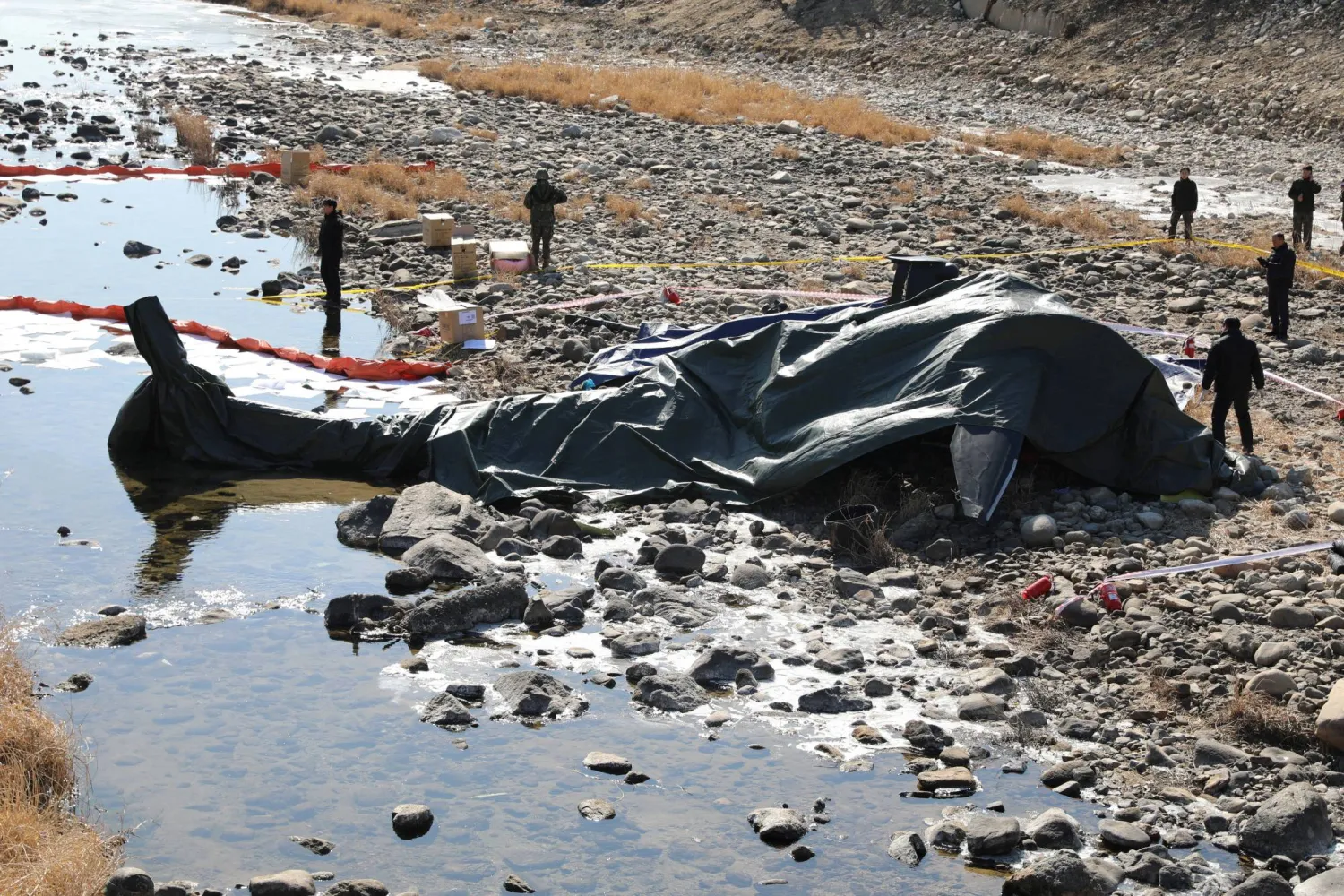The Iranian Foreign Ministry warned against any European move to classify the Revolutionary Guards on the terrorist list. At the same time, Tehran expressed its determination to move forward in strengthening relations with Russia against what it described as “American unilateralism.”
On Thursday, the European Parliament adopted a resolution demanding the expansion of sanctions on Iran and the classification of the IRGC on the list of terrorist organizations, following an attack launched by Iran with missiles and drones against Israel, in response to the bombing of the Iranian consulate in Damascus.
Among the motives of European legislators is Iran sending drones and missiles to groups described as “Tehran’s proxy” in the region, as well as Russia, which is waging a war with Ukraine.
Iranian Foreign Ministry Spokesman Nasser Kanaani said that discussions raised during the European meeting were “baseless and irresponsible.”
Iranian media quoted Kanaani as saying during the weekly press conference: “The Revolutionary Guard is an official military force that plays an important role in preserving national security, protecting borders, confronting external and cross-border attacks and threats...”
He added that the IRGC assumed “an important role in development, economic prosperity, and public services for the Iranian people.”
Some countries are pressuring the European Union to find a way to classify the Iranian Revolutionary Guard as a terrorist organization.
But officials, led by European Union foreign policy chief Josep Borrell, say that they have not yet found a legal basis for such a step, nor are they confident that it will gain the support of all European Union members.
European officials are currently studying a court ruling issued in the German city of Dusseldorf related to the activities of the Revolutionary Guard, which paves the way for efforts to include it on the terrorist list. The United States has classified the IRGC as a terrorist organization since April 2019.
In a related matter, Kanaani said that Moscow and Tehran are working on a comprehensive cooperation agreement document in the long term, which “could give impetus to expanding cooperation between the two countries.” He referred to “common positions on regional and international issues,” including confronting “American unilateralism and combating terrorism.”
In December, Russian President Vladimir Putin and his Iranian counterpart, Ebrahim Raisi, signed memorandums of cooperation in Moscow against Western sanctions on the two countries. For three years, the two sides have been studying signing a “20-year comprehensive cooperation agreement” similar to an agreement deal between Tehran and Beijing.
Iran Warns Europe against Classifying IRGC as Terrorist Organization

Kanaani speaks during a meeting with Foreign Minister Hossein Amir Abdollahian and media officials. (Iranian Foreign Ministry)

Iran Warns Europe against Classifying IRGC as Terrorist Organization

Kanaani speaks during a meeting with Foreign Minister Hossein Amir Abdollahian and media officials. (Iranian Foreign Ministry)
لم تشترك بعد
انشئ حساباً خاصاً بك لتحصل على أخبار مخصصة لك ولتتمتع بخاصية حفظ المقالات وتتلقى نشراتنا البريدية المتنوعة







